The committee is made up of a range of stroke survivors and academics/professionals who are active advocates for the life after stroke agenda from across Europe. Collectively, they have developed the programmes for all of our European Life After Stroke Forum events. Their declarations for conflict of interest can be downloaded here.
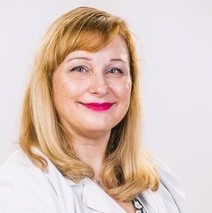
Anita Arsovska
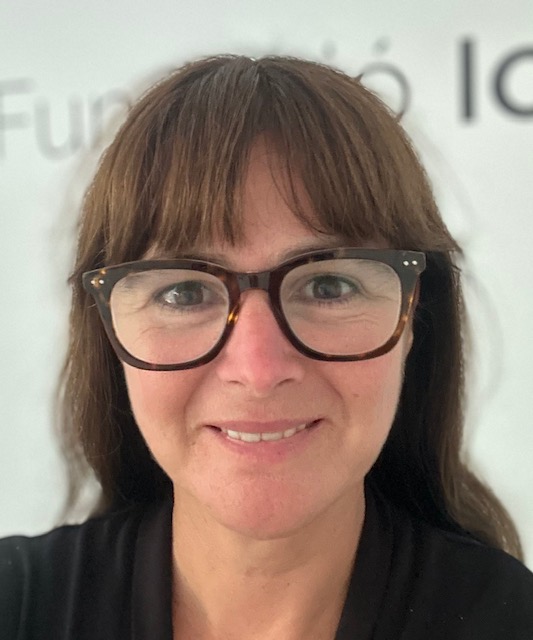
Mercé Ayesta
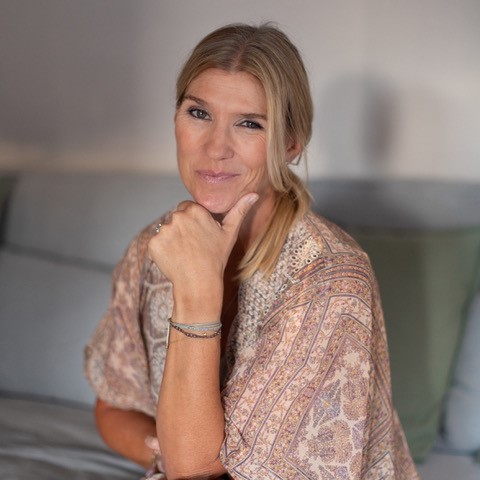
Stacie Broek
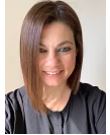
Marina Charalambous
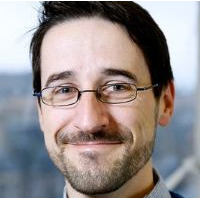
Nuno Ferreira
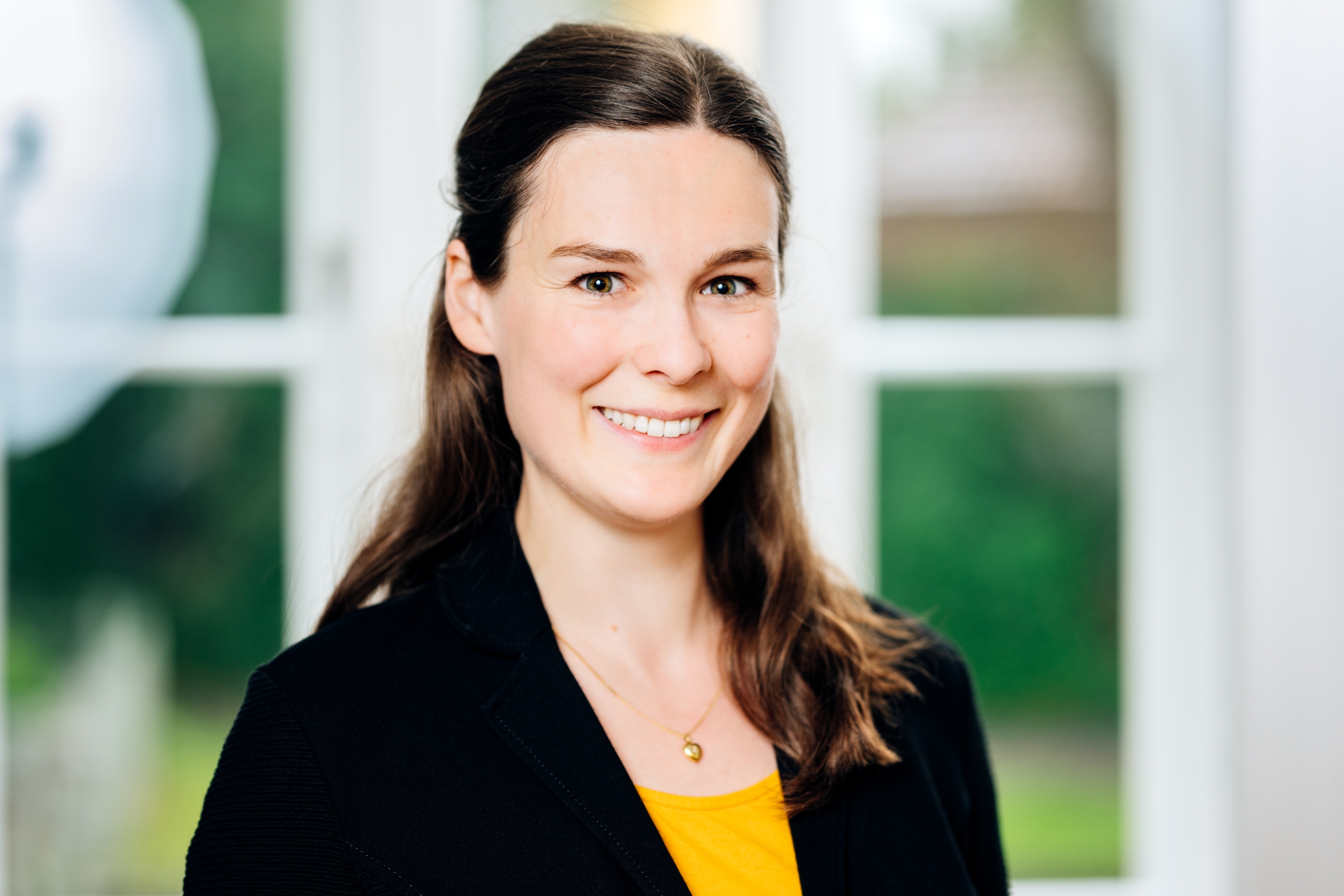
Christina Franzisket

Nicola Hancock
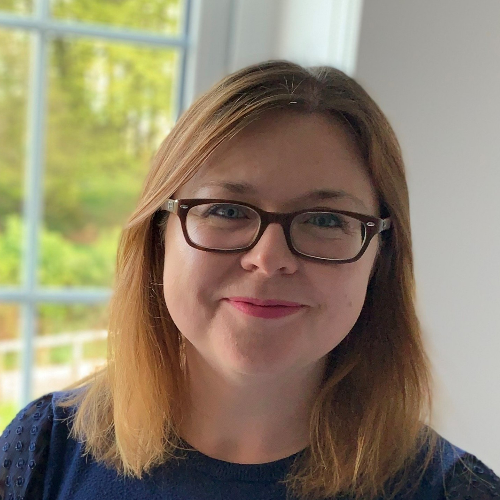
Lisa Kidd
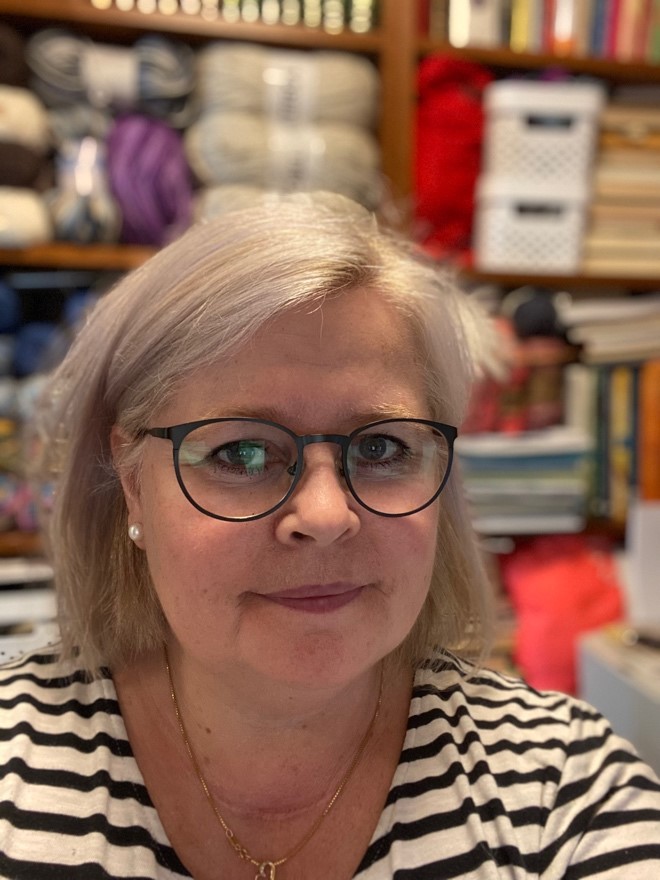
Grethe Lunde
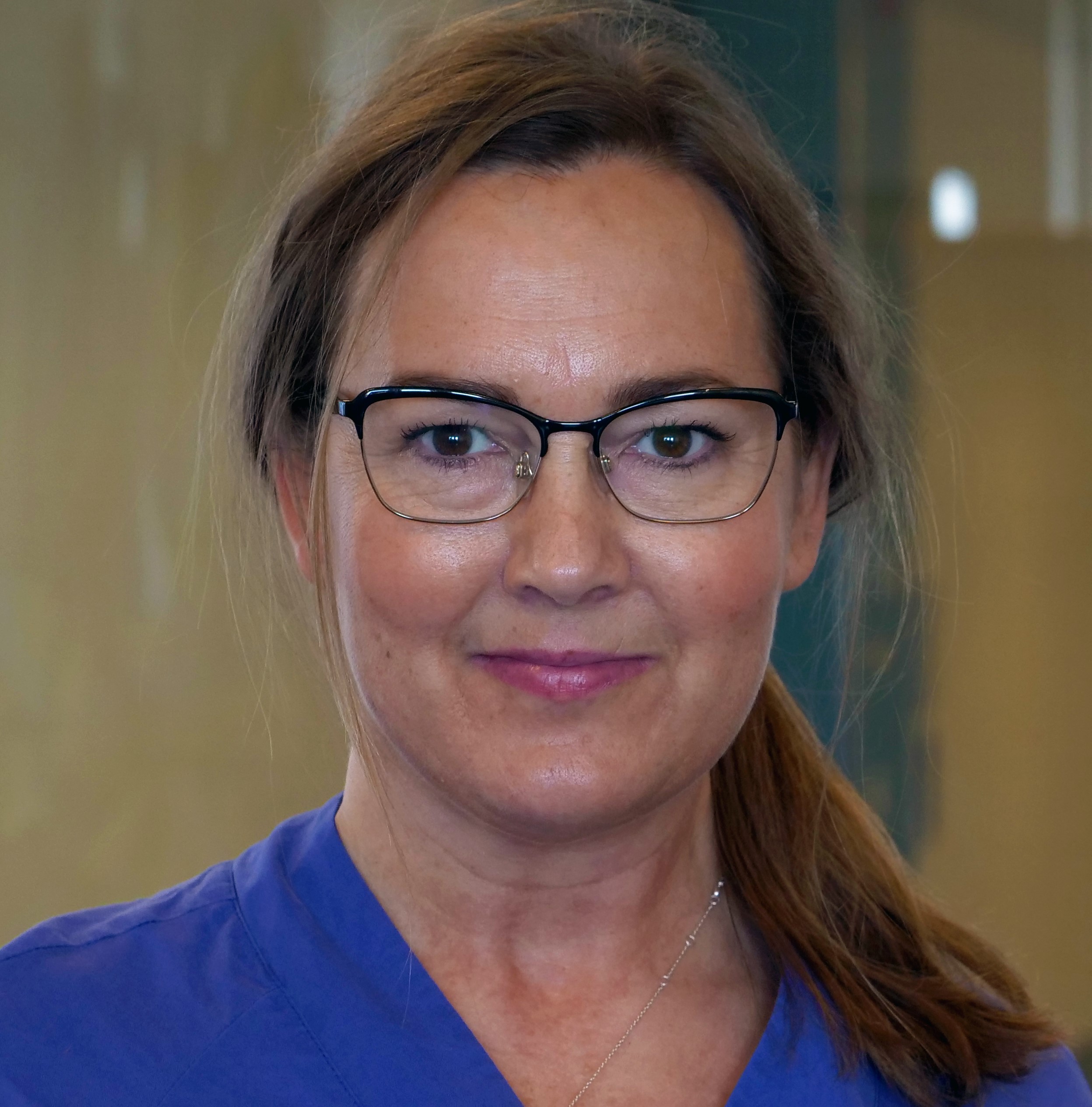
Carina U Persson
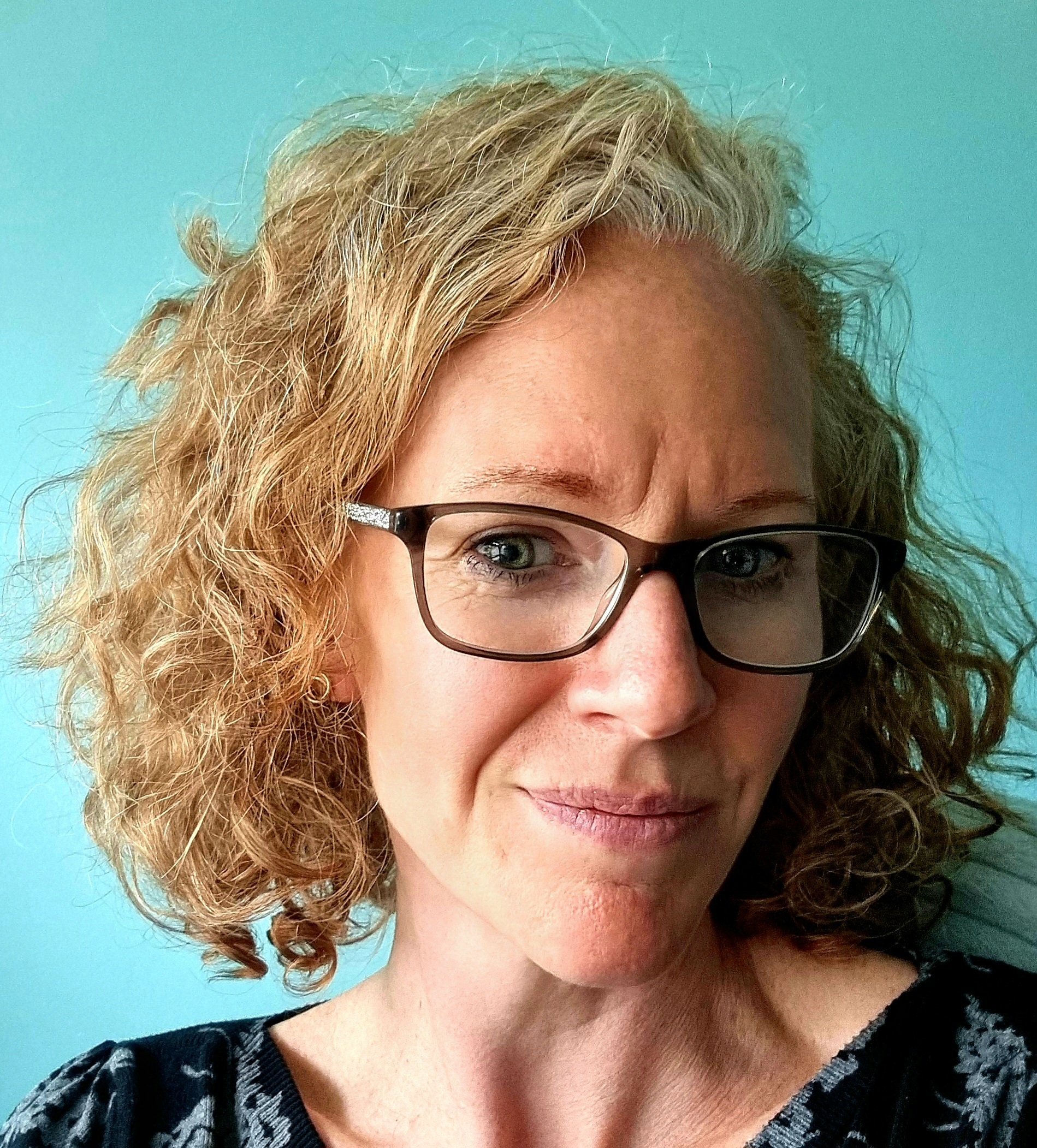
Katherine Staley
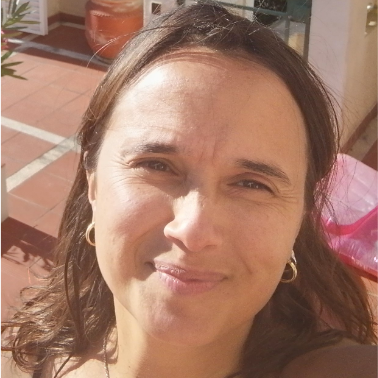
Diana Wong Ramos

Anita Arsovska
Dr. Anita Arsovska is Head of Department for Urgent Neurology at the University Clinic of Neurology and Professor of Neurology at the University “Ss Cyril and Methodius”, Faculty of Medicine in Skopje, North Macedonia. Her main interest involve stroke management, neurosonology and neuroimaging. Prof. Arsovska is Full member of European Academy of Neurology, Fellow of European Stroke Organization and Board member of World Stroke Organization.
She is President of the Macedonian Stroke Association, Associate Commissioning Editor of World Stroke Academy and former Vice-President of Stroke Alliance for Europe. Prof. Arsovska is involved in the ESO-EAST and Angels projects. She has also participated in the Stroke Action Plan for Europe as part of the acute stroke management working group and is one of the national coordinators for implementation of SAP-E in N. Macedonia. Prof. Arsovska is very active in promoting stroke prevention and raising stroke awareness, organizing many public campaigns and scientific meetings and supporting the European and the World Stroke Day.

Mercé Ayesta
Mercè Ayesta Borras coordinates the Stroke Foundation in Catalonia. She is a registered nurse and has a graduate in Humanities and Arts from UAB (University Barcelona). Her postgraduate specialization was in ICU care, teaching, and stroke care. She is now studying for a master’s degree in digital health.
Before she became a full-time coordinator in 2018 at the Stroke Foundation, she worked at the Catalan Stroke Action Plan coordinating the 5th Stroke Audit, and became a lecturer of the Stroke Specialization Course for Nurses. She collaborates in different research groups focused on stroke care, awareness, and life after stroke. She is also a member of the Cerebrovascular Diseases Working Group of the Department of Health of the Government of Catalonia, a member of SAFE, and recently has become a member of the Stroke Action Plan for Europe (SAPE).

Stacie Broek
Stacie Broek is an ex-marketing professional turned author, who had to teach herself to write again after a stroke at age 46. She’s the author of (al)ONE: Thriving a Stroke as well as a digital course creator.
Stacie is an advocate for passion-based therapy and believes that stroke should be seen as an opportunity. Her work includes writing, public speaking and influencing public health policy.
Some key examples include: Philips Healthcare interview for the World Stroke Day 2022, World Stroke Campaign Committee member and shooting a pilot for the AI media company “In the Room”.

Marina Charalambous
Marina holds a PhD in Medical Sciences from the University of Fribourg in Switzerland and works as a Clinical Lecturer at the Department of Rehabilitation Sciences at the Cyprus University of Technology. Marina is the founder of the Cyprus Stroke Association, a Stroke Support Organization, and an Inaugural Future Stroke Leader Alumni of the World Stroke Organization. She investigates Patient and Public Involvement in Stroke and Aphasia research, has several peer-reviewed scientific publications, and presents her work at international stroke and aphasia conferences. She is a stroke and aphasia advocate in Europe and Cyprus and a National Coordinator of SAP-E.

Nuno Ferreira
Dr Nuno Ferreira is a Professor of Clinical Health Psychology at the University of Nicosia and has a PhD in Clinical and Health Psychology from the University of Edinburgh. He has published extensively in the areas of General Mental Health Disorders and Psychological Adjustment to Chronic Illness.
Nuno is interested in the use and development of Acceptance and Commitment Therapy (ACT) for long-term or chronic health conditions. He is also interested in the study of the impact of values, acceptance/ avoidance, cognitive fusion and mindfulness on psychosocial and physical outcomes.

Christina Franzisket
Christina Franzisket is a health economist and works as a project manager in healthcare research at the German Stroke Foundation. She is interested to involve the patient’s perspective in stroke research and study unmet needs in stroke aftercare to help establish patient-oriented stroke services.
Before she worked at the German Stroke Foundation, she was a research associate and developed quality indicators for different health sectors (i.e., hospitals, nursing homes) based on different data (routine data, quality data in hospitals).

Nicola Hancock
Dr Nicola Hancock is Associate Pro-Vice Chancellor for Innovation at the University of East Anglia, UEA, UK and a Lecturer and Researcher in Physiotherapy/Neurorehabilitation at the same institution. Her research interests include investigating activity and interventions and technologies that might promote recovery of coordinated, functional movement after onset of stroke; quality improvement via person-centred approaches to neurological rehabilitation; and user-centred design and evaluation for technology enhanced rehabilitation interventions.
Nicola has considerable experience of leadership, research and innovation and improvement across the stroke pathway, both as an expert clinician in stroke and as an academic. She is an immediate past member of the Royal College of Physicians Intercollegiate Stroke Working party, contributing to three sets of influential National Clinical Guidelines for Stroke, UK. Current projects include an evaluation of telerehabilitation services for stroke in the East of England.

Lisa Kidd
Dr Lisa Kidd is a Reader in Supported Self-Management in the School of Medicine, Dentistry and Nursing, University of Glasgow.
Her research interests include self-management, person-centred care, implementation science, and patient and public engagement. Lisa is leading research focussing on the implementation of self-management support in stroke service provision, particularly how practitioners implement and embed self-management support in their practice.
Lisa inputs into the roll out of supported self-management as part of Scotland’s Stroke Improvement Plan. She leads the Supported Stroke Self-Management Network, a network of practitioners, academics, policymakers with an interest in shaping stroke self-management research and practice.

Grethe Lunde
Grethe Lunde, 51, is a former board member (now honorary member) of the Stroke Alliance for Europe (SAFE) and is also member of the Steering Committee for implementing the Stroke Action Plan for Europe 2018-2030. As a new member of the European Life After Stroke Forum Scientific Committee, she hopes to bring her nearly 30 yearlong stroke survivor experience to the good for other stroke survivors and their loved ones. Even professionals. She has also since being a part of SAFE had several “personal” presentations at the EU parliament and numerous online talks about how she is coping with life after stroke.
She had a severe and lifechanging cerebral sinus venous thrombosis (CVTS) on her 22nd birthday and woke up from an induced coma totally paralysed. Luckily, she was sent to a rehabilitation hospital where she could relearn necessary skills that were lost that day in February in 1994. She had to start over on several levels and had to relearn how to speak, read, type, write – and most importantly she had to learn how to sit, stand and walk again. Motto; A saved life should be a life worth living – and if anything else doesn’t seem to work – SMILE.

Carina U Persson
Dr Carina U Persson works at the Department of Occupational therapy and Physical Therapy at Sahlgrenska University Hospital (SU) in Gothenburg, Sweden and is clinically active at the stroke unit at SU/Östra.
She has worked as a physiotherapist and graduated with a PhD in Medicine and was appointed associate professor in Rehabilitation Medicine at GU in 2019. Carina is a member of the research group Rehabilitation Medicine, GU, and her research areas are within post-stroke rehabilitation and epidemiology. She is a board member of the Nordic Stroke Society, Stroke Centrum Väst Inspirationsforum and Neuro Section of Fysioterapeuterna.

Katherine Staley
Katherine Staley is the Associate Director of Services at the Stroke Association. She leads a team providing and coordinating support to people affected by stroke, through a range of different products. These are available to people in their local areas through services such as the Stroke Recovery Service and nationally through different forms of remote provision, including the Support Line, telephone peer support and online activities.
Katherine has had a long and happy career at the Stroke Association working in many different areas and roles, starting off providing direct support to people with aphasia. Prior to this she worked in a Psychology research role at Manchester University focused on language in stroke and dementia.

Diana Wong Ramos
Diana Wong Ramos was 34 years old and working as a journalist-editor for a magazine when she had a Cerebral Venous Thrombosis stroke. Her life changed and she had to adapt to her new circumstances. Thanks to exhaustive work with a multidisciplinary rehabilitation team Diana began to regain some mobility and independence.
She has a special interest in patient advocacy and patient engagement and was involved in the creation of the first Portuguese association of stroke survivors www.portugalavc.pt and participated in the redesign of the Stroke Action Plan for Europe 2018-2030.